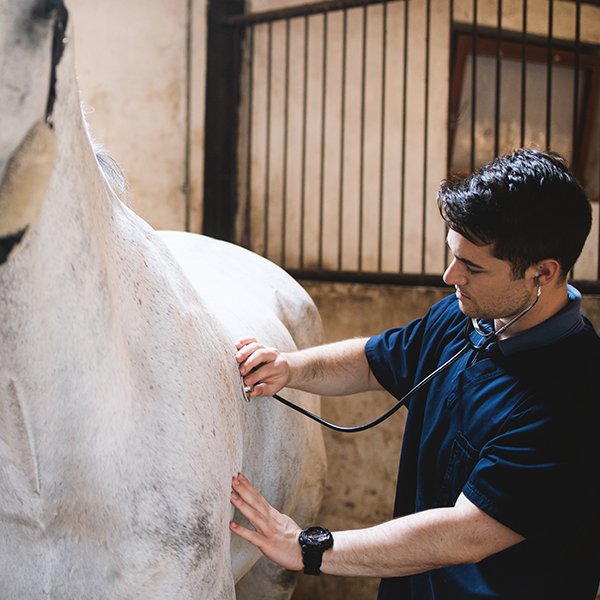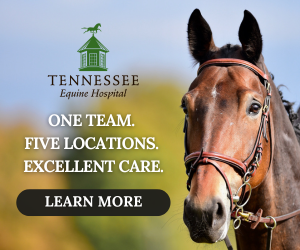This morning at barn chore time your eager-eater was the last to make his way into the barn. Maybe it’s just the cold nip in the air, or maybe it’s something more serious. Horses are continuous eaters. Most are very eager eaters. A horse that is slower than normal to eat, or worse yet, not eat at all, needs immediate evaluation and possibly from your vet.
As with any suspected illness, check his temperature, pulse, and respiration (TPR) along with capillary refill time and mucous membrane color. Is there any obvious swelling, lameness, nasal discharge, or cough? Is there a normal amount and consistency of manure? It’s good to check for normal values and write them down when your horse is healthy. Even though these measurements may be normal, your horse’s behavior may be telling you that something isn’t quite right. Addressing the abnormal behavior right away will give your horse the best chance for a good outcome. Putting off further investigation could prove costly, and even deadly, if you wait.
Lack of appetite in a horse can be caused by an almost endless list of diseases, health changes, or management problems. Your veterinarian is your best partner in sleuthing out the causative agent at work. Gathering basic information before calling the clinic will help your vet decide how quickly, or if, your horse needs to be seen. Be ready to provide your horse’s TPR, vaccine history, regular feeding practices, stalling, travel history, medications, changes to the herd, and whether other horses on the farm are also affected. A thorough history and physical exam should lead to a short list of possible causes and suggest further testing or observation.
Horses can go off-feed, or be slow eaters, for reasons as simple as dental abnormalities or as complicated as infectious diseases. Or it may be the new hay isn’t as palatable. It’s vital to consult with your veterinarian as you encourage your horse to engage in normal eating. Even though he may eagerly eat his grain, if he refuses hay there is an increased risk of laminitis. Sudden changes in diet lead to sudden changes in the normal gut microbes which can lead to medical crises such as colic or laminitis. Most horses return to normal eating behavior once the primary problem is addressed, but careful management of their diet as they recover will help prevent further complications. Remember that forage (hay, grass, beet pulp) and water are the basis of the horse’s diet and should be the focus as he recovers his appetite. With proper treatment and a little TLC, your equine partner should be back to energetically running up for his morning feed.









